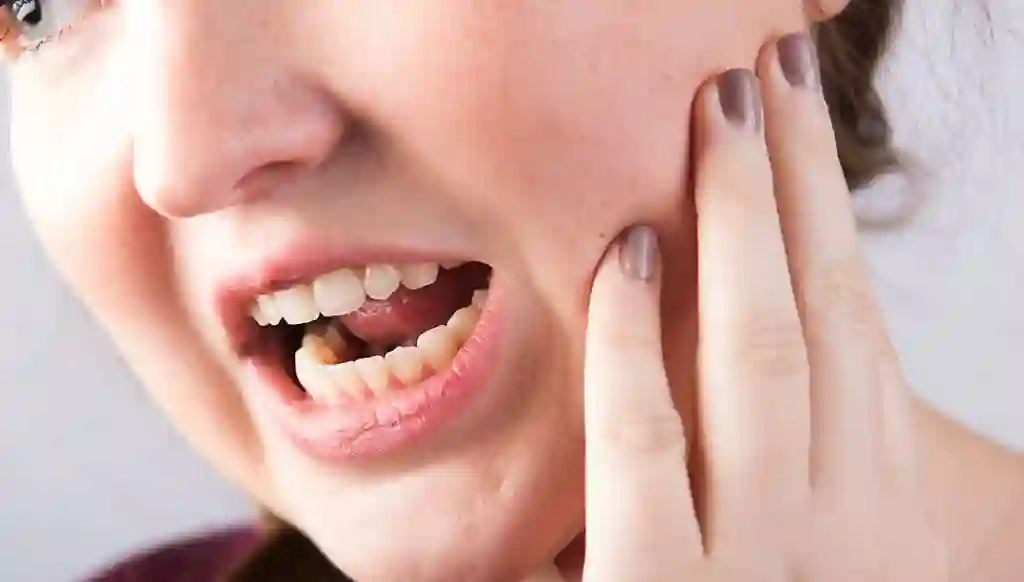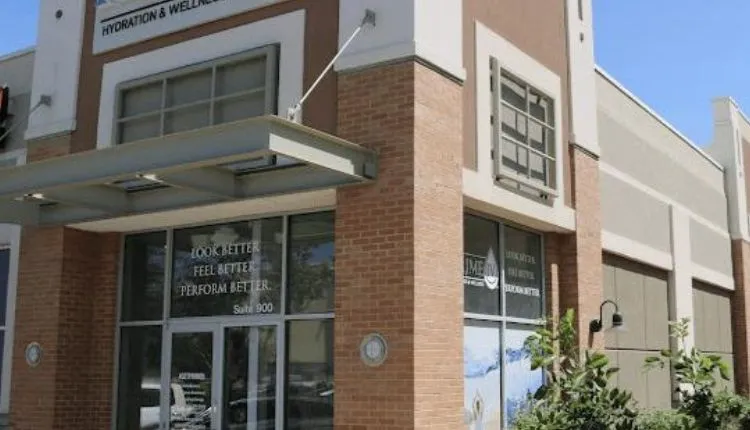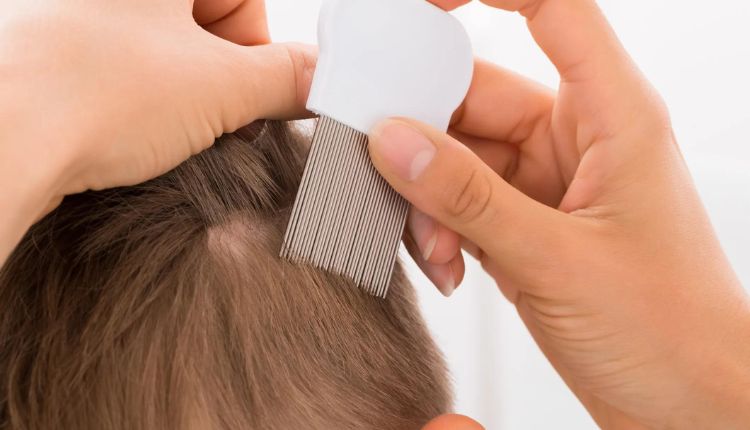
Lockjaw; Symptoms, Causes, and Treatment
Individuals must prioritize their physical and psychological health to prevent health-related complications. People who notice unusual symptoms related to their physical or mental health should visit a doctor immediately to avoid further complications. If a person suffers from fever, excessive sweating, and struggles in swallowing food should confer with a neurologist in Karachi.
What is Lockjaw and Its Symptoms?
It is a condition in which a bacterial infection affects the nervous system. Clostridium tetani is a bacterium that causes muscle contractions in the neck and jaws, hindering the functioning of the nervous system. There is no permanent cure for lockjaw/tetanus; however, the medications available are proven effective in managing the symptoms. People should get vaccinated against the disease to minimize the chances of suffering from the disease and related complications. The known symptoms of the disease include:
- The person suffering from the condition will start to exhibit symptoms after weeks of contracting the bacteria. The person will experience contractions and stiffness around the neck.
- The patient may suffer from seizures and jerking.
- The patient suffering from lockjaw struggles to open the mouth and swallow food.
- The patient may experience extreme stiffness in the abdominal region.
- The patient suffers from painful spasms for a minute or more.
- The patient suffering from the condition suffers from changes in the heart rate and blood pressure.
- The patient suffers from high-grade temperature.
- The patient may experience sweating.
What are the Known causes of lockjaw?
The bacteria enter the body through open wounds and cuts. The bacteria grow inside the body and produces tetanospasmin, which damages the nervous system. The injuries that may cause the bacterial growth in the body include:
- The foot ulcers without treatment can lead to multiple complications, including tetanus/lockjaw.
- The patient with a gunshot is at a higher risk of suffering from lockjaw.
- Individuals who have been through animal bites and tooth infections are at a higher risk of suffering from tetanus.
- People with burns and fractures should take proper medication to avoid bacterial infection leading to complications such as damage to the nervous system.
What are the complications associated with the disease?
The complications associated with tetanus/lockjaw are:
- The spasms can cause damage to the bones. The patient may suffer from broken bones due to spasms causing unbearable pain.
- The patient may suffer from heart-related problems such as pulmonary embolism.
- The functioning of the lungs and heart is severely hindered, which may lead to respiratory failure.
- The patient is at a higher risk of suffering from pneumonia and related complications.
What are the preventive measures?
The preventive measures include:
- Patients suffering from open wounds or injuries must take proper medications to avoid infection, which may lead to permanent damage to the vital organs.
- People must clean their wounds with antiseptic to avoid bacterial growth.
- It is necessary to take the tetanus vaccine after injury or open wound to avoid complications.
What are the tests that help in diagnosing lockjaw?
The spatula test help diagnose an individual with tetanus/lockjaw. The test helps diagnose the disease by examining the oropharynx and the reaction.
What are the effective treatment options?
The treatment options proven effective in treating lockjaw/tetanus are:
- Use of Vaccine: It helps the patient avoid re-infections that may lead to permanent damage to the vital organs.
- Use of Antitoxin: The medication helps neutralize the effect of tetanospasmin that affects the functioning of the nervous system.
- Use of Antibiotics: The medications help fight bacterial infection in the body to avoid damage to the nervous system.
- Use of Relaxants: Muscle relaxants allow the person to function adequately by controlling muscle spasms.
- Use of Sulfate: The medications help manage the breathing and heart rate to avoid further complications.
People who exhibit symptoms correlating to lockjaw should consult a neurologist at Khatoon Hospital. The specialist will conduct several relevant tests to identify the disease and its cause. The specialist will provide adequate information regarding the effective treatment options that will allow the person to function and manage the symptoms without further complications.




